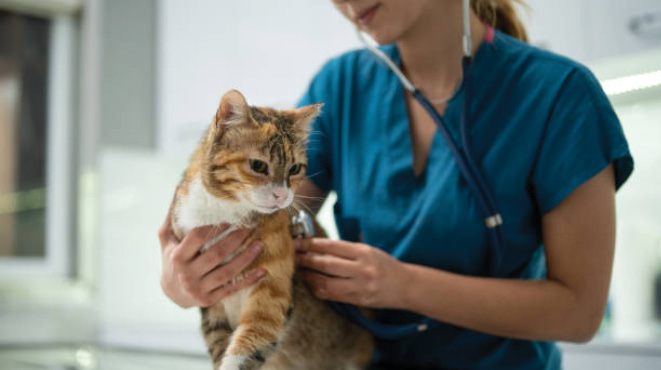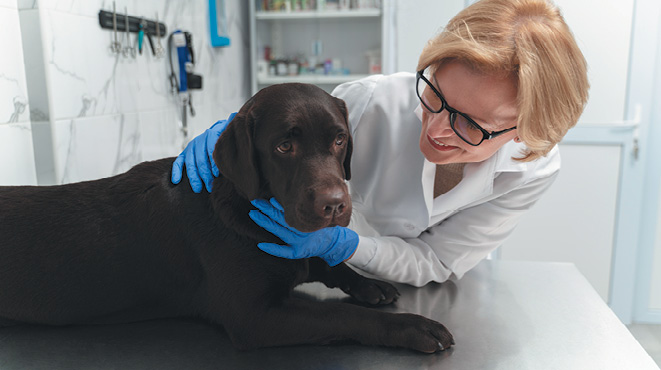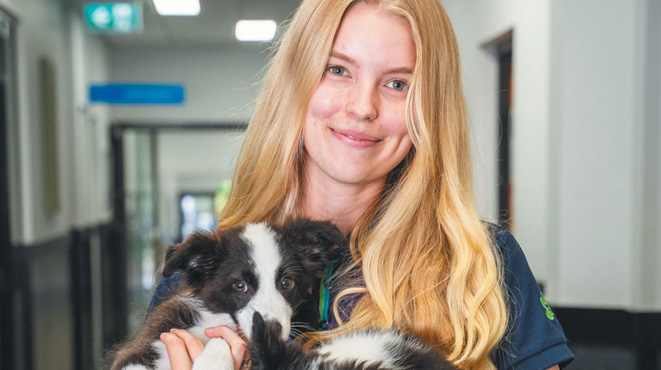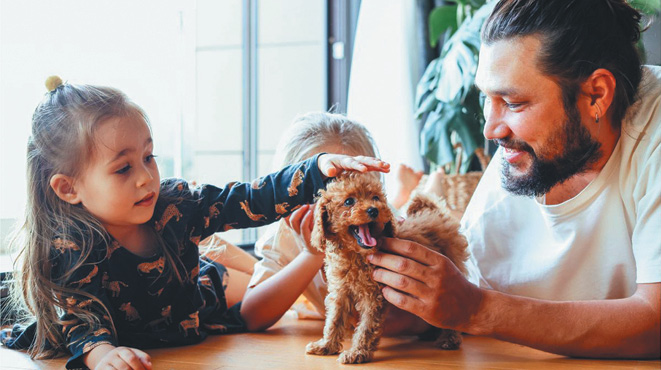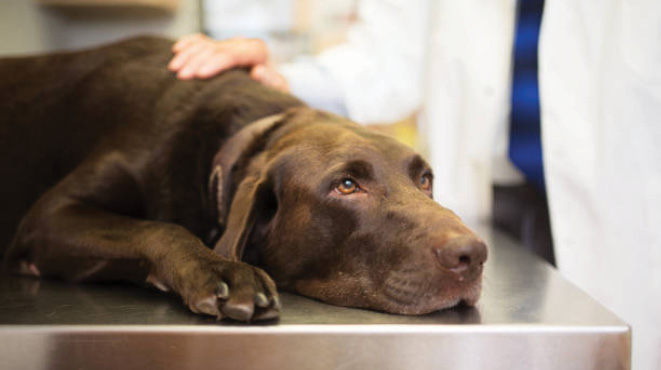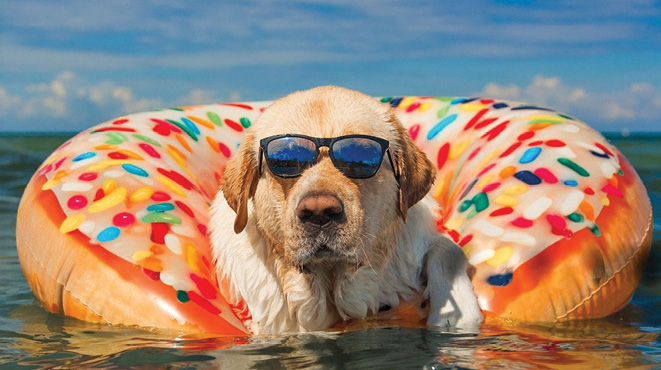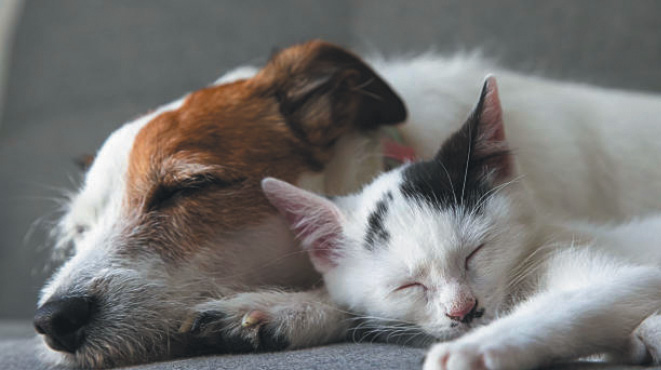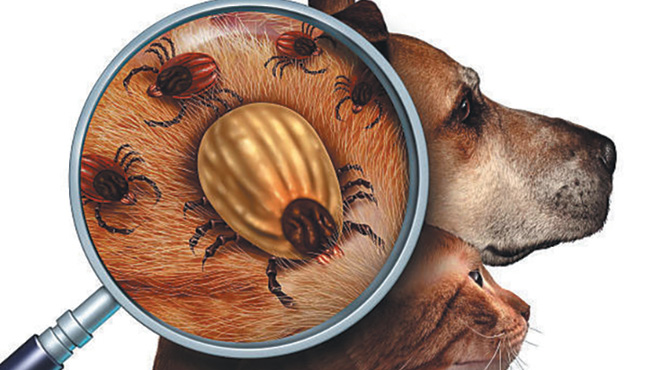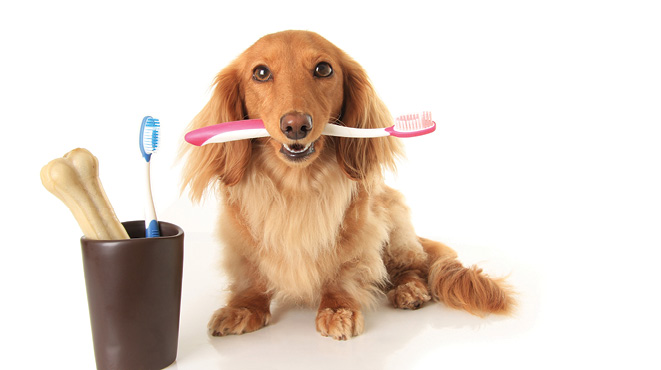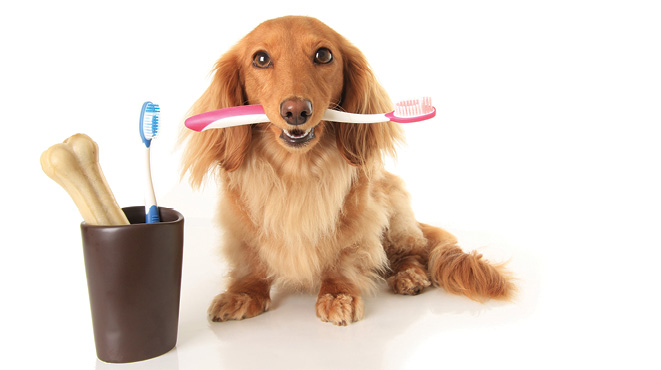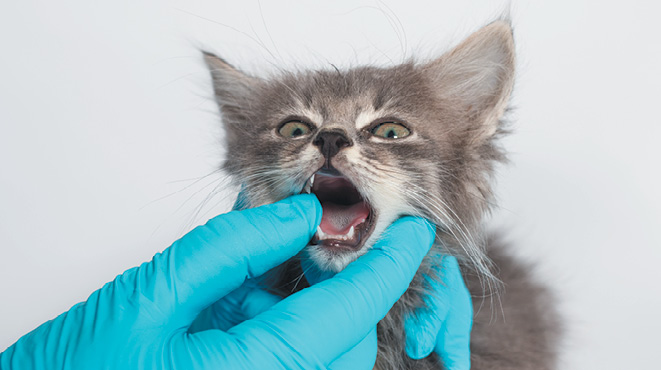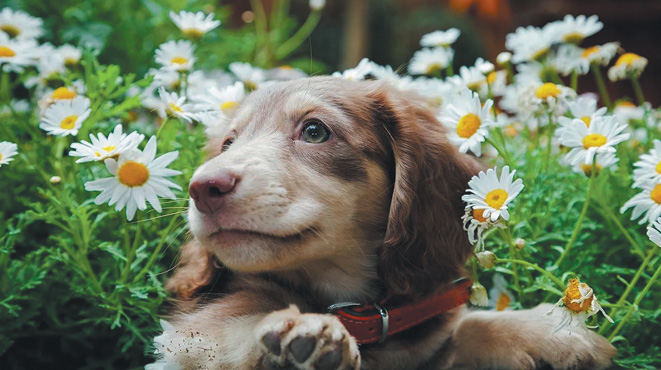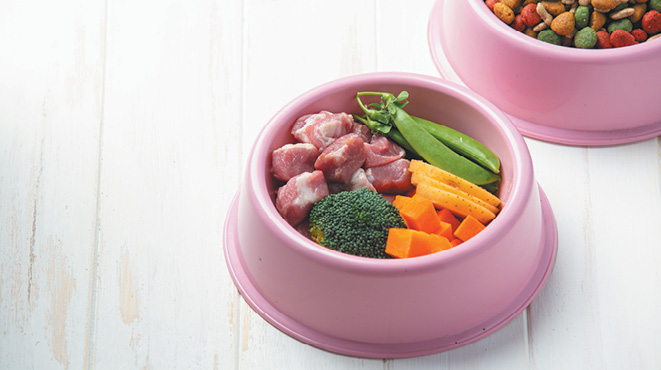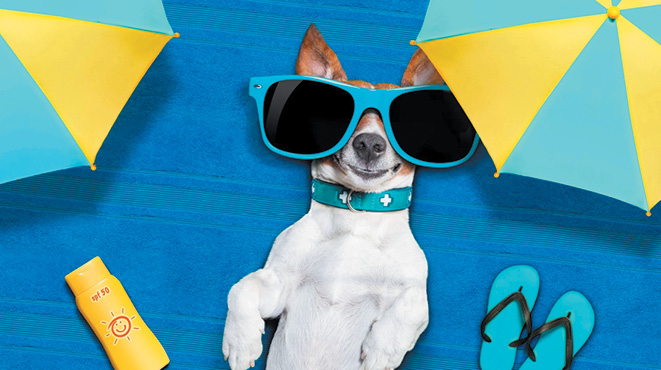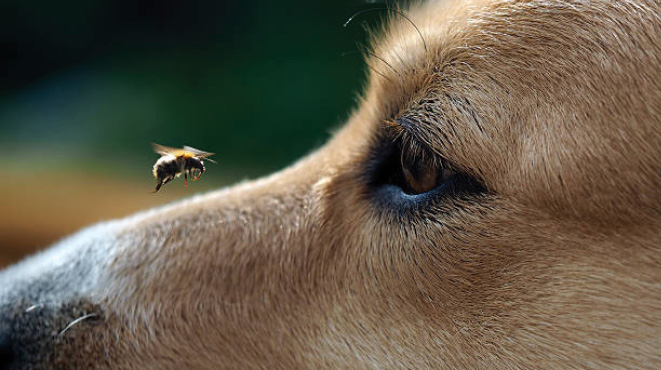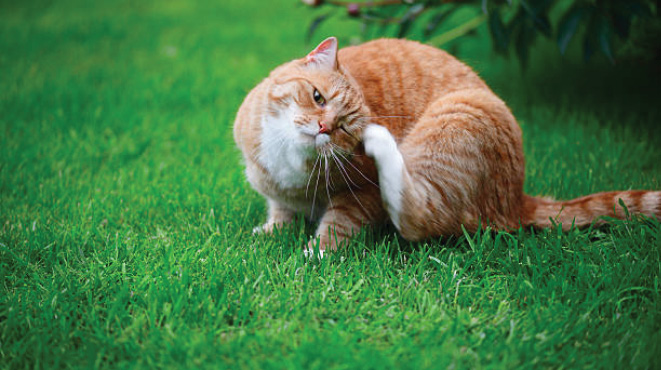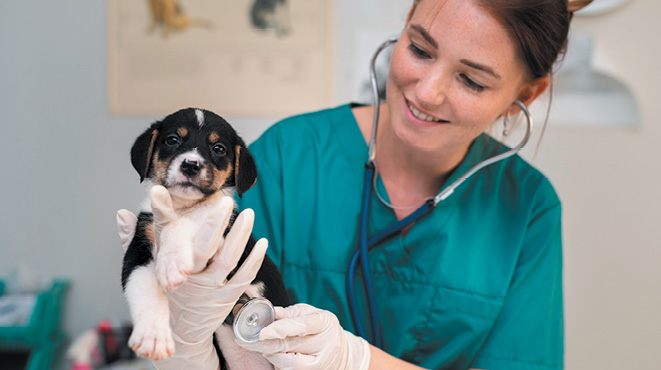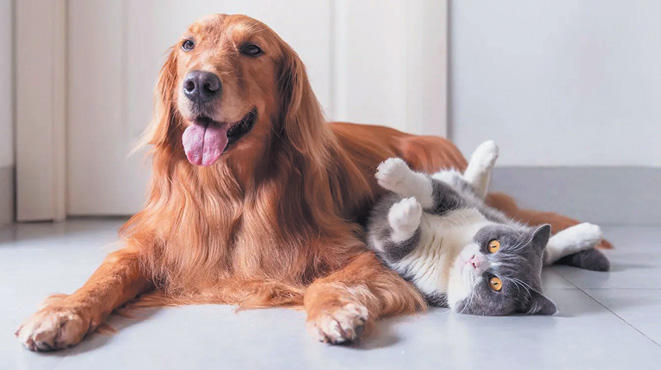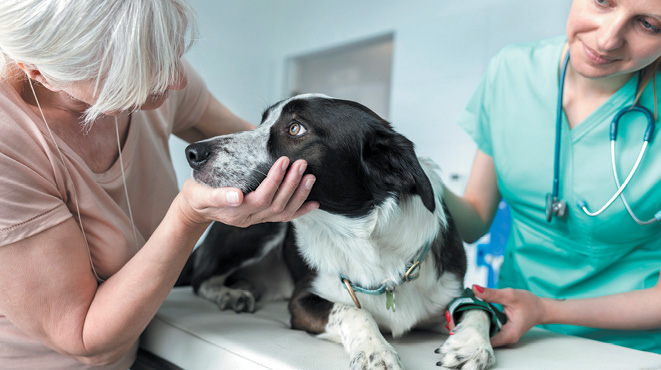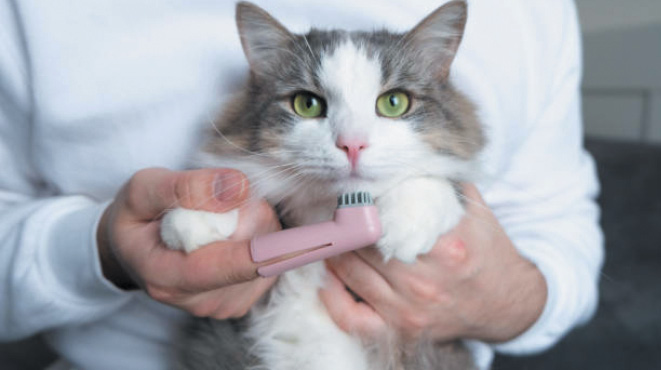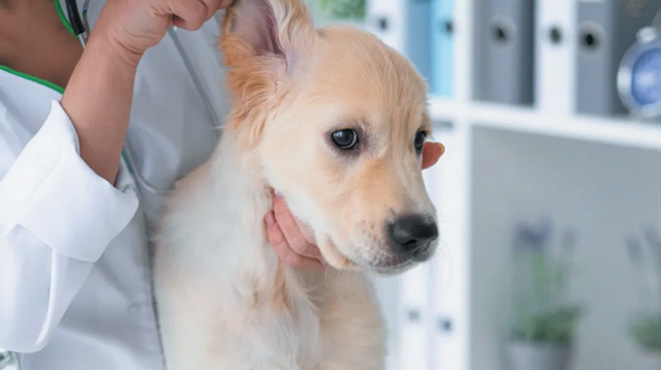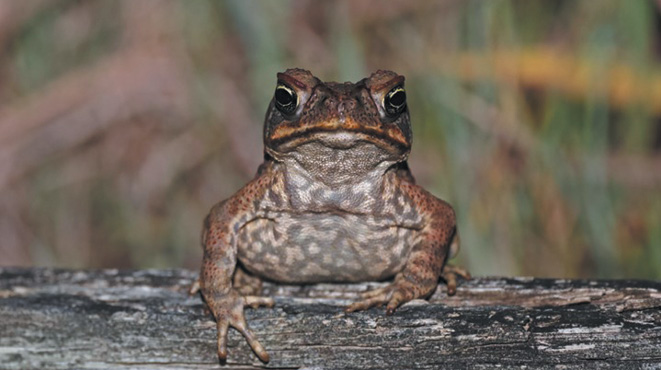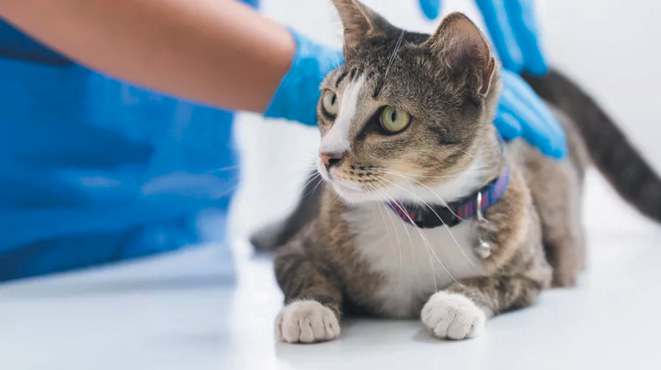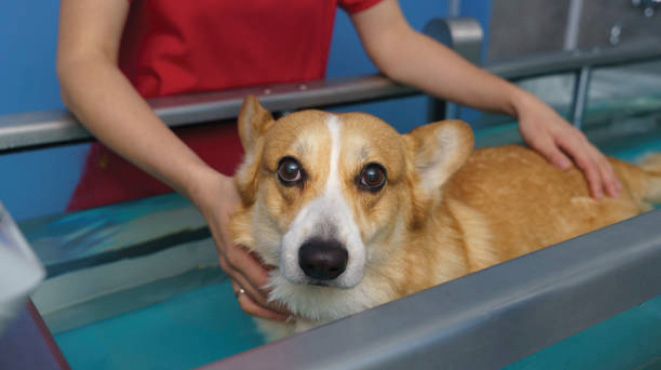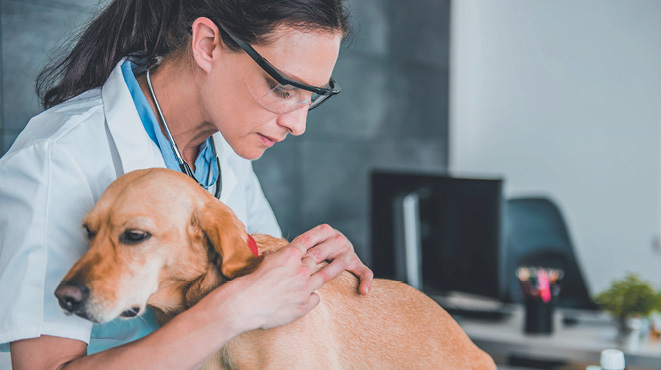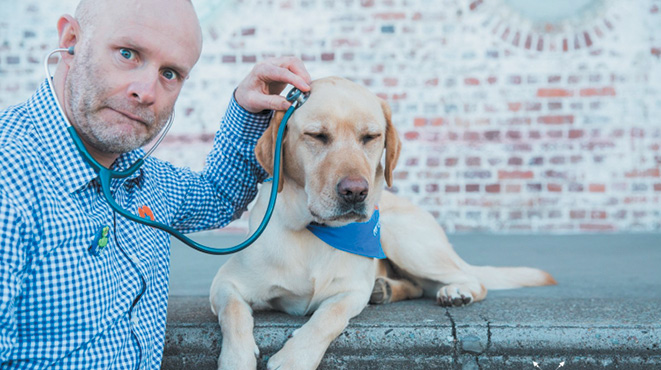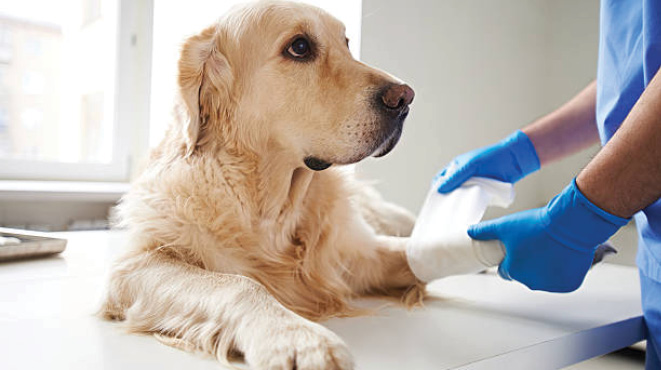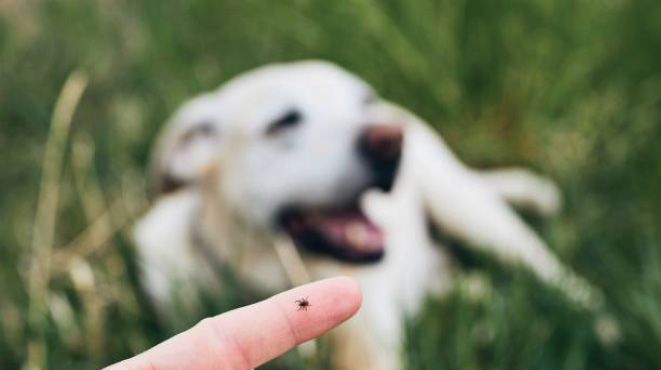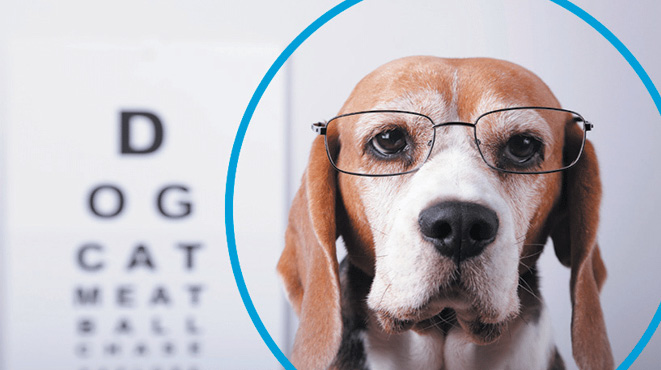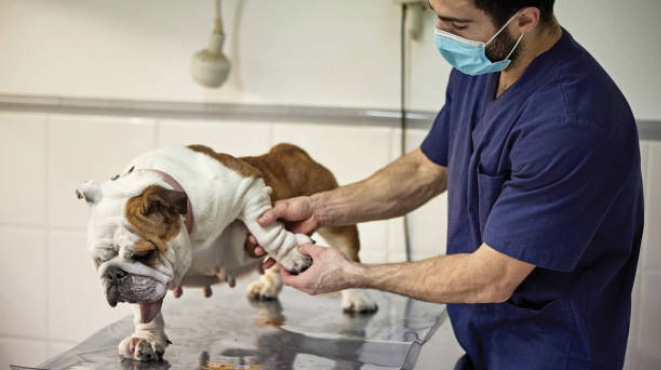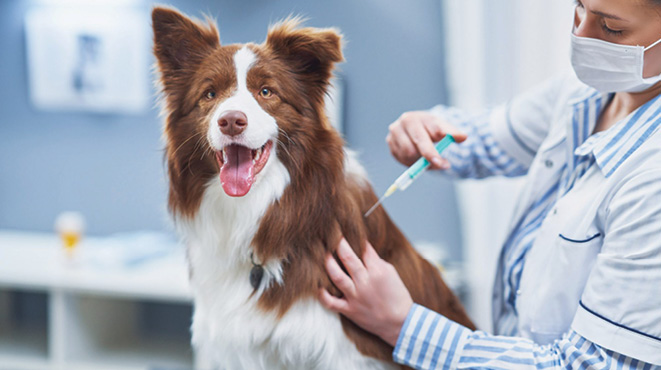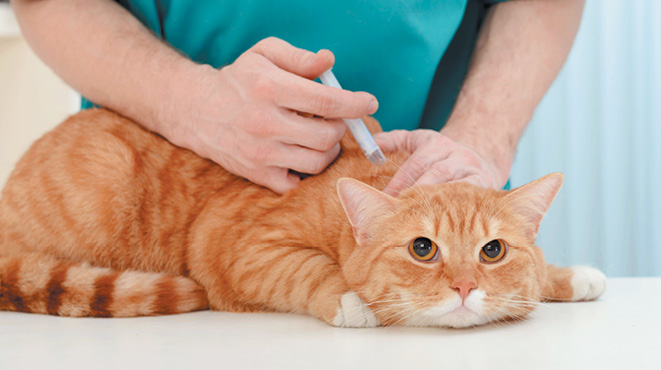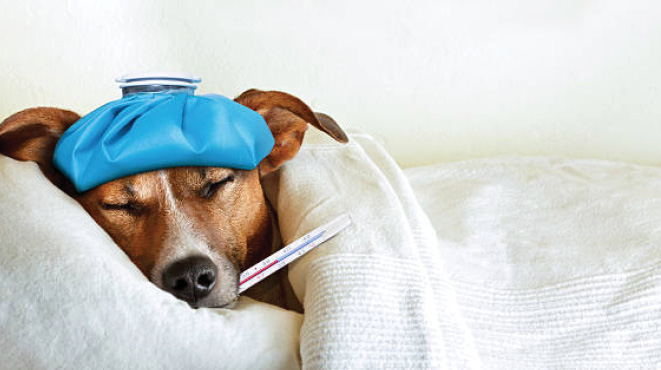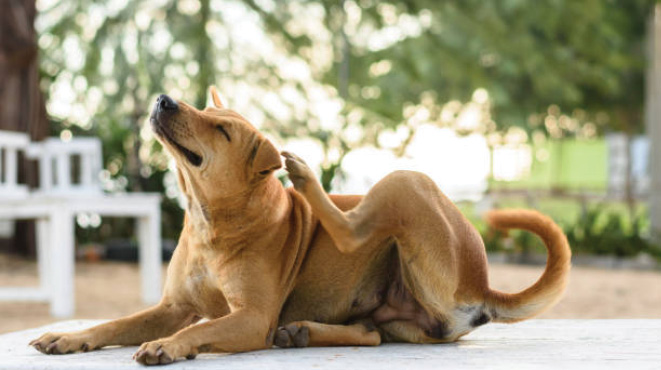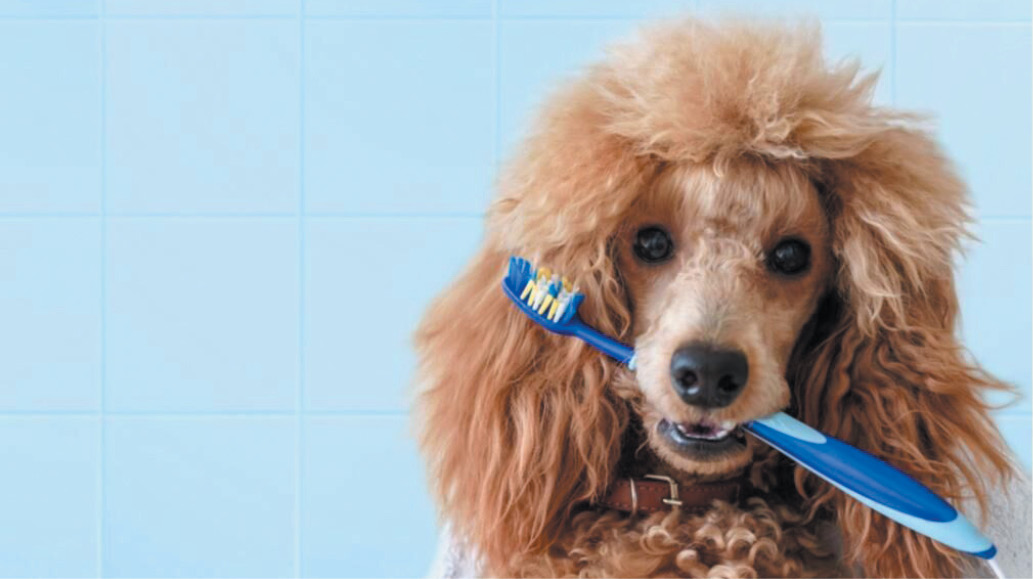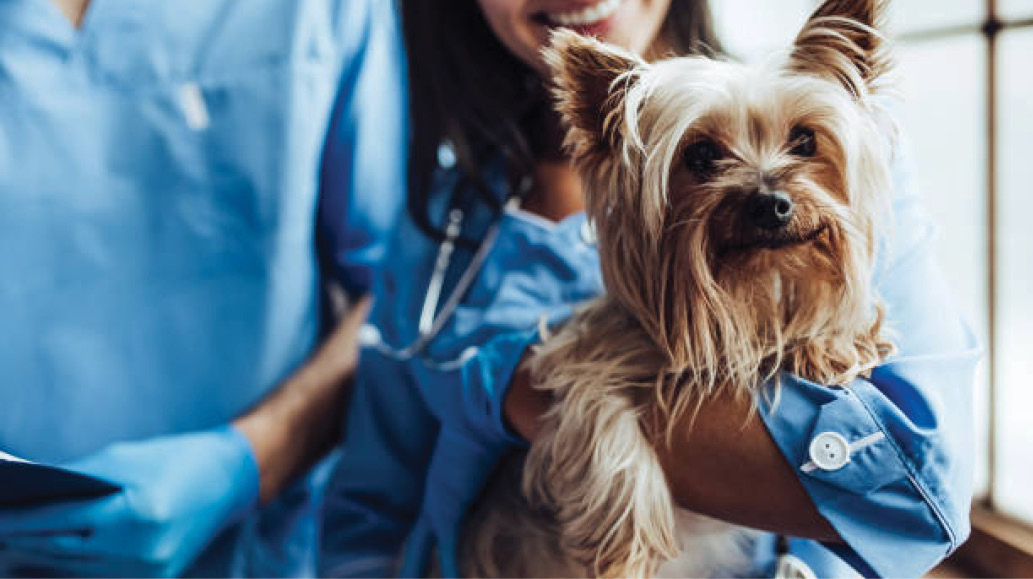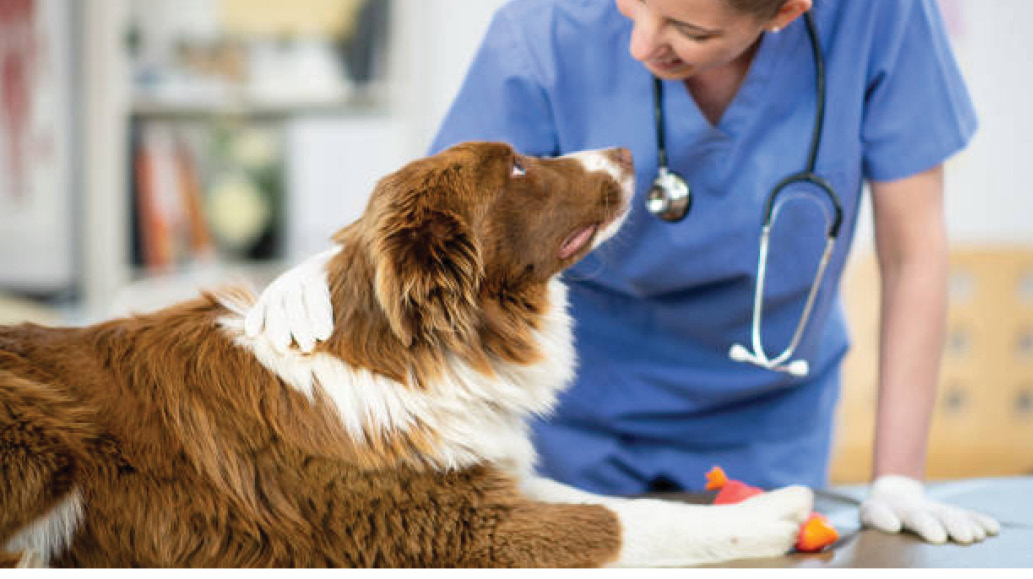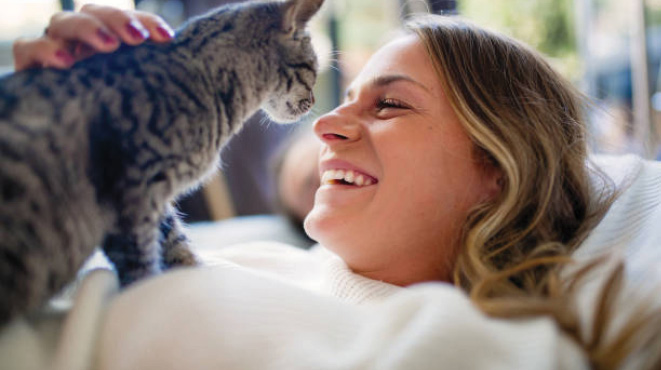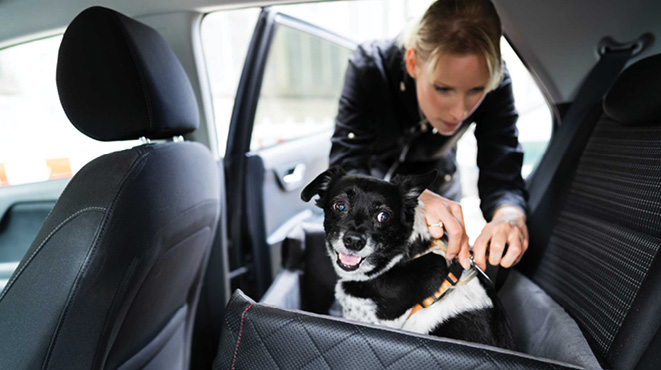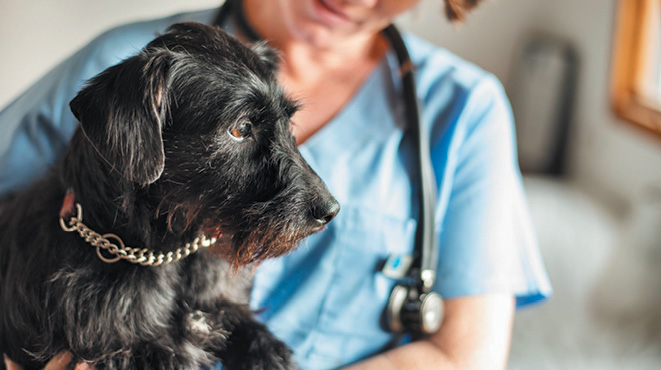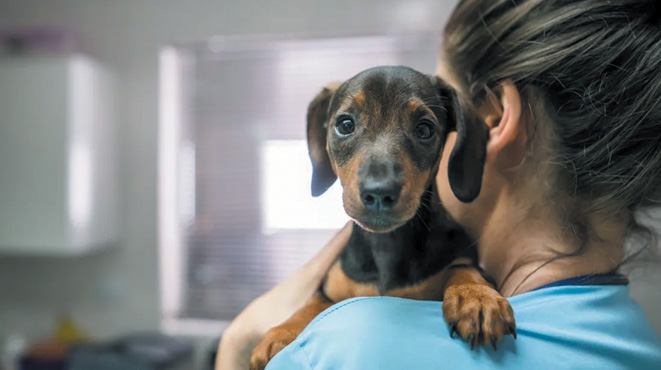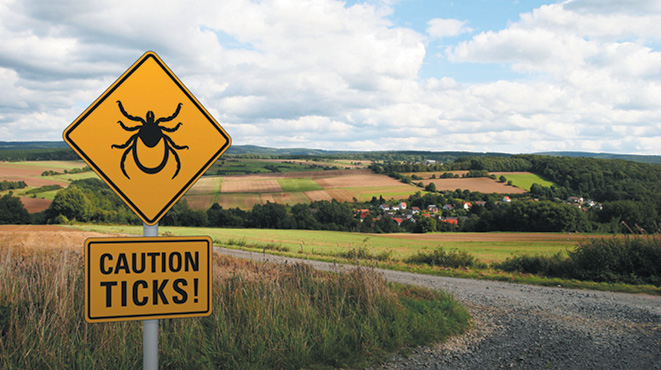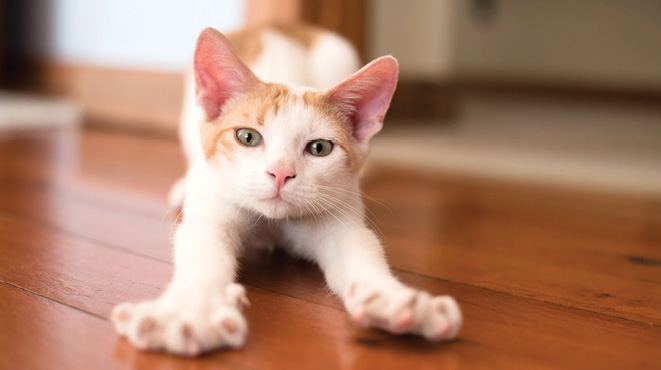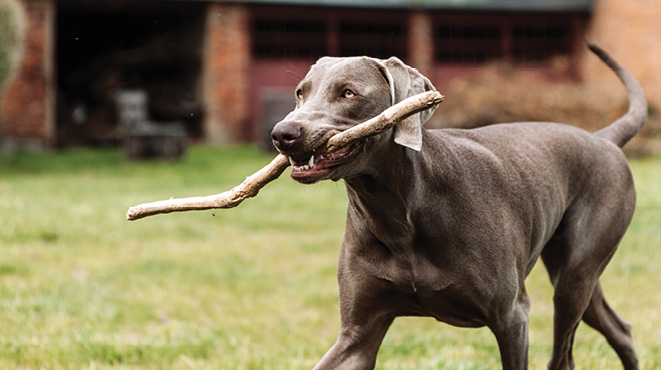BY DR NICKY THOMAS, WYNNUM MANLY VETERINARY HOSPITAL
 Feline lower urinary tract disease (FLUTD) describes a group of conditions which affect the bladder and urethra. FLUTD can occur in cats of any age but is usually seen in middle aged, overweight and indoor cats. Stress is a common contributor to development of disease.
Feline lower urinary tract disease (FLUTD) describes a group of conditions which affect the bladder and urethra. FLUTD can occur in cats of any age but is usually seen in middle aged, overweight and indoor cats. Stress is a common contributor to development of disease.
Clinical signs
Some of the common signs of FLUTD include:
- Straining to urinate
- Passing small amounts of urine
- Frequent or prolonged attempts to urinate
- Vocalising when urinating
- Licking of the genital area
- Urinating outside of the litter tray
- Blood in the urine
Male cats are at risk of urethral obstruction – they may demonstrate any of the signs above and pass little to no urine. They often become increasingly distressed and very unwell. Urethral obstruction is a medical emergency which requires immediate veterinary attention.
Diagnosis
The diagnosis of FLUTD is often based on the clinical signs. Your vet will likely want to perform a Urinalysis – this is an examination of the urine to check for infection, blood or crystals. Radiographs and ultrasounds may also be required for diagnosis.
Causes of FLUTD
- Urolithiasis – minerals in the urine can form stones, also known as uroliths. These can cause irritation and inflammation of the bladder wall and lodge in the narrow urethra causing obstruction. Treatment of stones may include a specialised diet and in some cases surgery may be required to remove large stones from the bladder.
- Urinary tract infection – bacterial infection may cause signs of FLUTD. lnfection can be associated with the presence of uroliths or underlying health conditions such as diabetes. Treatment of infection is usually antibiotics.
- Urethral obstruction – small stones lodged in the urethra are removed with the use of a urinary catheter and flushing. Sick cats will require lV fluids and may remain in hospital for a number of days until they are able to pass urine. Repeated episodes of urethral obstruction may require a surgical procedure called a perineal urethrostomy.
- ldiopathic cystitis is a very common cause of FLUTD. The cause of idiopathic cystitis is often not identified although stress is known to contribute to development of the condition. Feeding a specifically formulated wet food diet and reducing stress may help reduce the incidence of idiopathic cystitis.
lf you suspect that your cat is experiencing issues with their urination it is important to seek veterinary attention.

